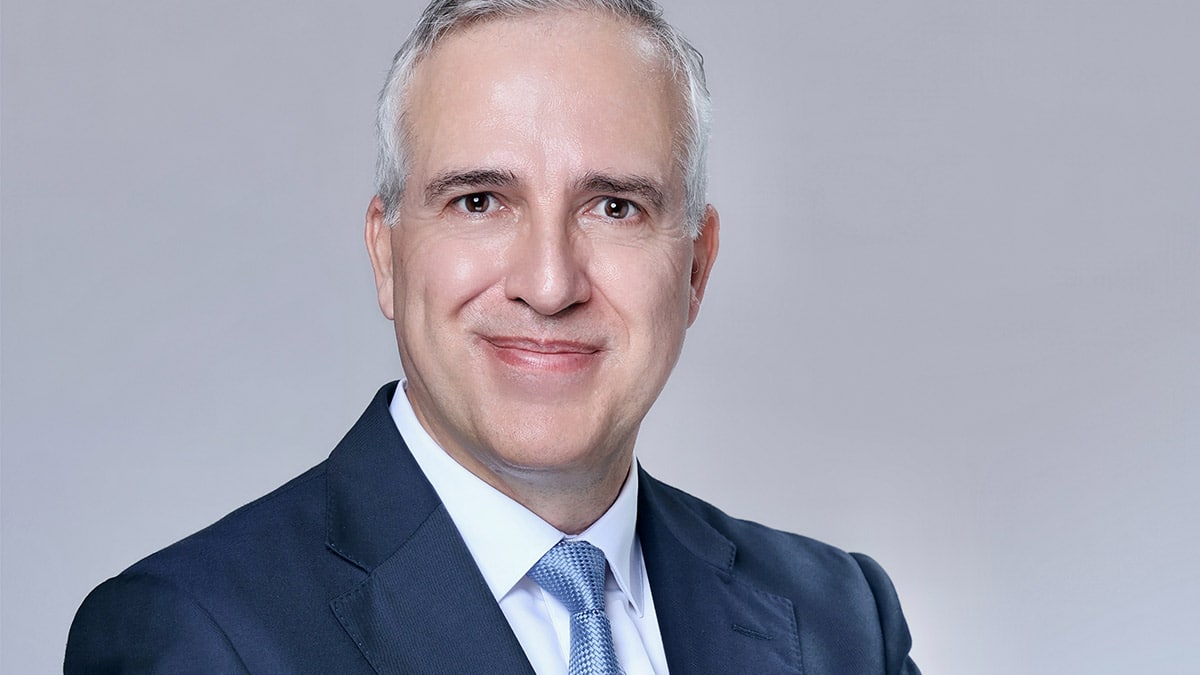Global banking powerhouse JP Morgan Chase is “quite bullish” on Philippine growth prospects in the coming year, especially with domestic loan growth projected to be four times faster than that of the economy.
Oliver Brinkmann, JP Morgan co-head of corporate banking for Asia-Pacific, told the Inquirer last week that their optimism stemmed from expectations that the Philippines was poised to be the second fastest-growing economy in Southeast Asia this year and in 2025.
“That translates into real economic growth at the end of the day, and it also translates into loan growth,” Brinkmann said in an interview.
Based on the latest outlook of the Asean+3 Macroeconomic Research Office, the Philippines will be just behind Vietnam, which is projected to grow by 6.2 percent and 6.6 percent in 2024 and 2025, respectively.
JP Morgan, which has been operating its banking franchise in the Philippines since 1961, provides, among others, corporate banking services to local companies that are making cross-border transactions and keen on global expansion.
Brinkmann, who was briefly in Manila to meet with clients, said certain sectors in the country—renewable energy, infrastructure, tourism and telecommunications—were now opening up to foreign investments given the optimistic prospects for loan and macroeconomic growth.
Citing data from S&P Global, he pointed out that loan growth in the Philippines was projected to reach anywhere between 12 percent and 24 percent until the end of next year, especially if it was supported by a stable macroeconomic environment and “consistent government policies.”
This is two to four times faster than the country’s average gross domestic product growth of 5.8 percent in the first nine months of the year, and the projected 6.5-percent expansion in the last quarter of 2024.
It is also faster than the 9.7-percent average loan growth of the country’s big banks in the January to September period, excluding their lending to each other, based on data from the Bangko Sentral ng Pilipinas (BSP).
To meet the anticipated surge in demand, JP Morgan plans to increase the headcount of its corporate banking unit in the Philippines by 20 percent between now and next year, and 10 percent in the Asia-Pacific.
JP Morgan’s corporate center in the Philippines currently has more than 20,000 employees who provide business operations support for the American bank.
“It’s a real growth story. We keep investing into the market, we’re deeply rooted and we think we can capture the major opportunities as they come,” Brinkmann said.
This comes as a dovish BSP raised the possibility of cutting interest rates by a total of 100 basis points next year. So far, the central bank has slashed rates by a total of 50 bps this year to 6 percent.
Easing monetary policy is typically good for loans, consumer spending and investments due to lower borrowing costs. At the same time, economic growth also translates to loan expansion as consumer confidence rises, making them more willing to take risks and borrow. INQ
